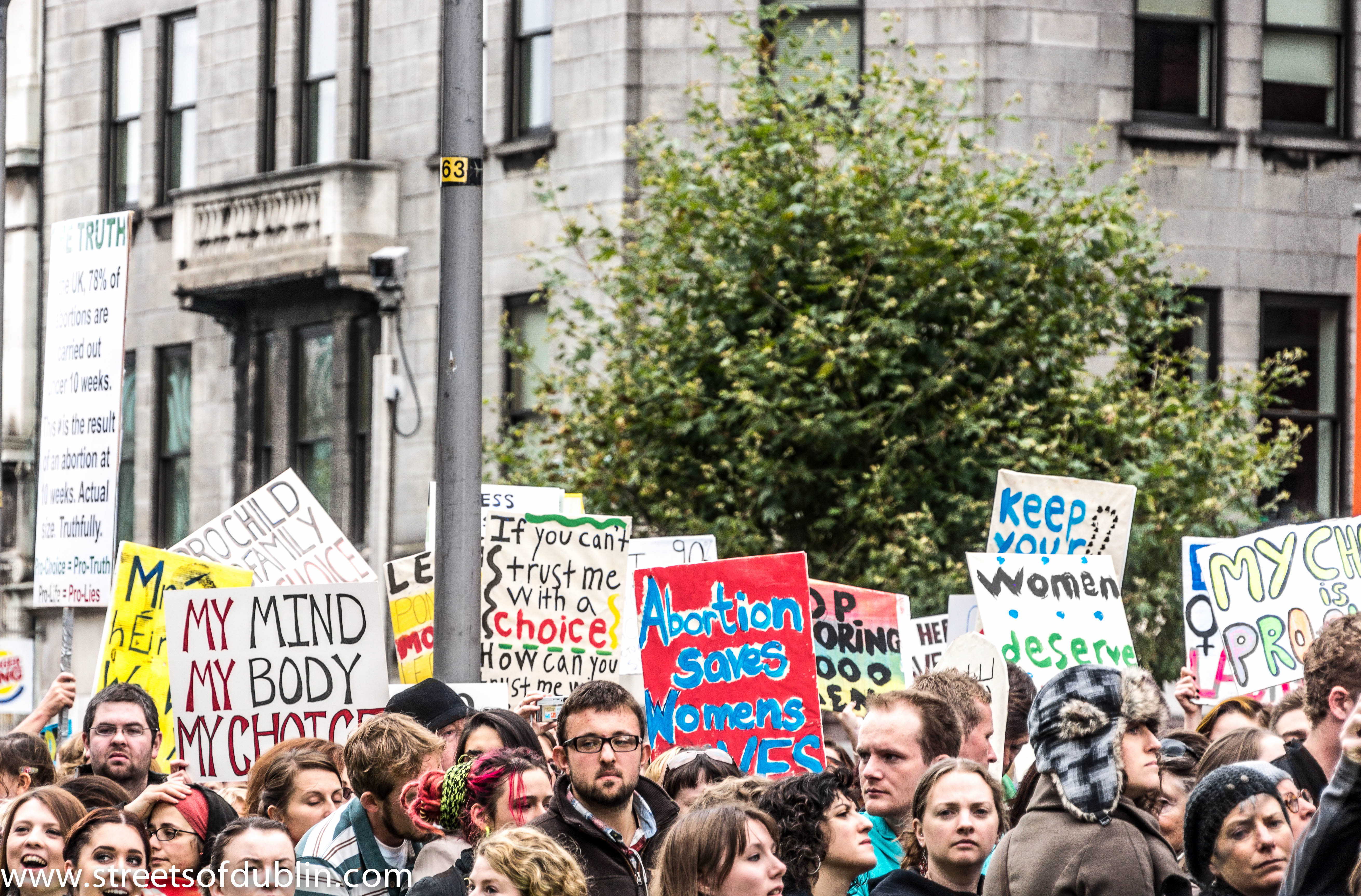It probably won’t surprise you to know that one in sixteen women die in pregnancy or childbirth in Africa, or that in Ethiopia that figure is one in seven. We have come to expect these things, and expect them for women most of all.
Like many women’s rights issues in developing countries, maternal mortality has a reputation as a lost cause, in both senses of the phrase.
Not only is the problem more or less ignored by major international donors but – despite the billions of dollars in aid that followed the issue’s inclusion into the UN’s millennium development goals – rates have failed to fall significantly. Between 1990 and 2005, the worldwide maternal mortality rate fell by just 5.4%.
Nicholas Thorne wrote in The Badger a few weeks ago that giving aid to the third world allows the privileged to live the fantasy that they can help to combat poverty without significantly changing their lifestyles.
This is a mistruth if not an outright lie. It is now estimated that around 80% of maternal deaths could easily be prevented using simple, low-cost methods: in Brighton, a small charity with limited resources called Maternity Worldwide has been able to sponsor thousands of safe births in Ethiopia, The Gambia and Zambia.
And although, as Thorne points out, change must ultimately come from the countries themselves, such views are a cold comfort to the communities scarred by their missing women and children.
The truth is that in the masculine rush for fundraising, life-changing aid for women always comes last. Only by embracing, rather than dismissing, aid projects will the structures which can practically change lives be laid down.


